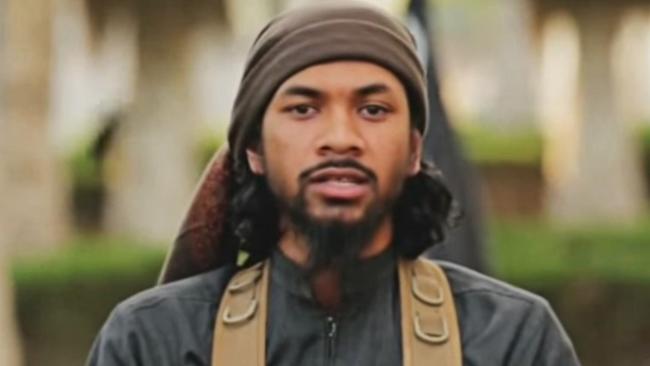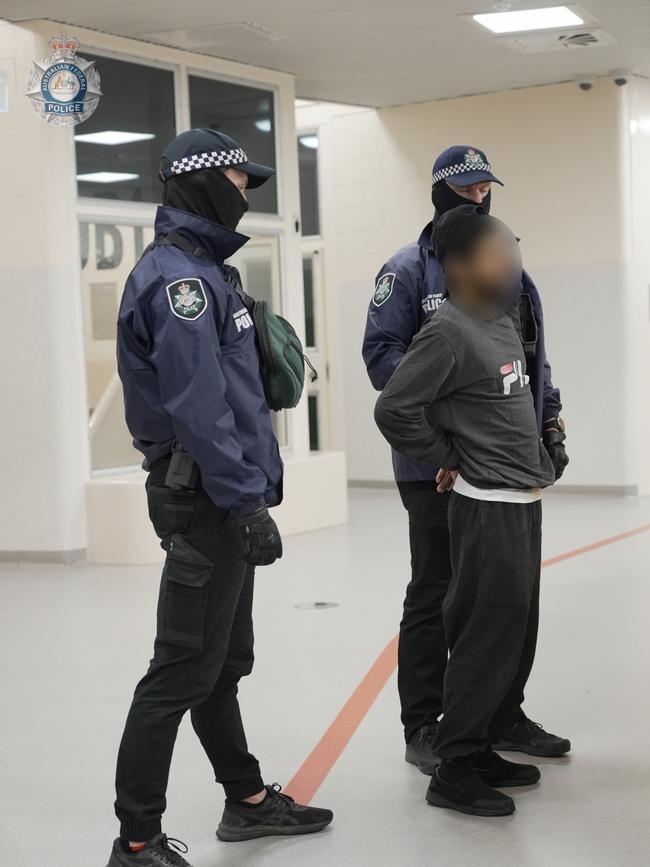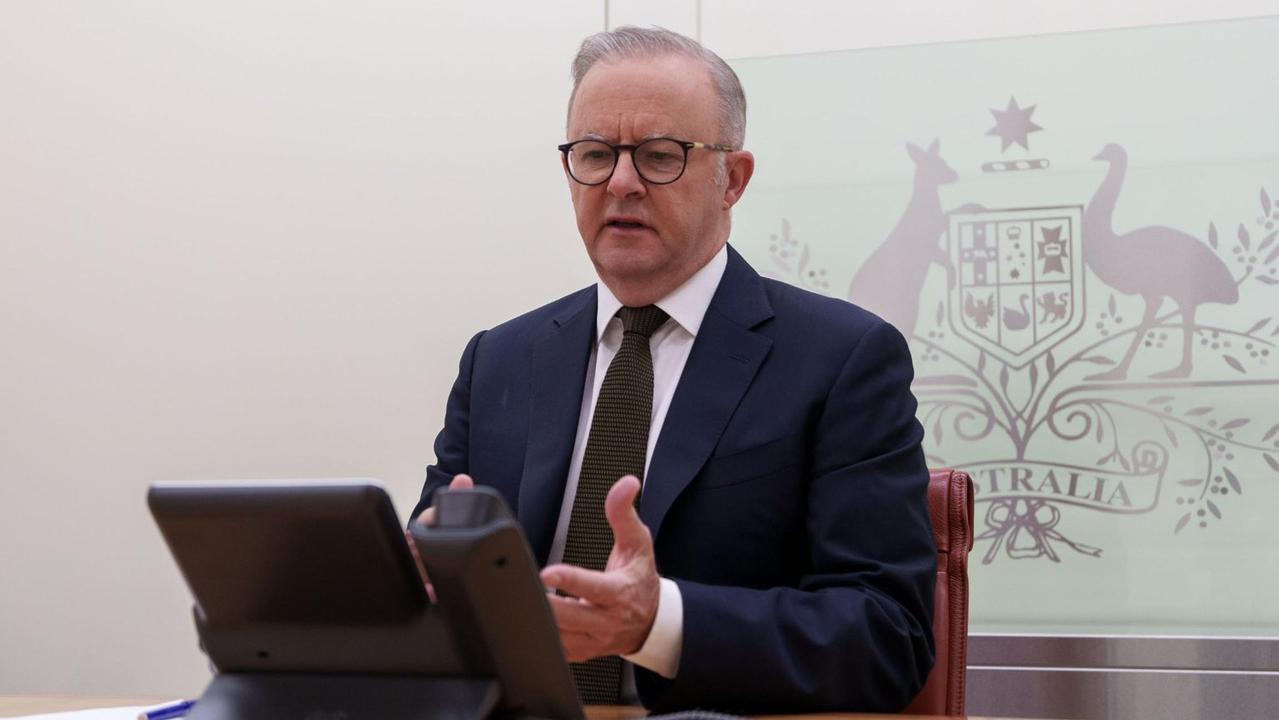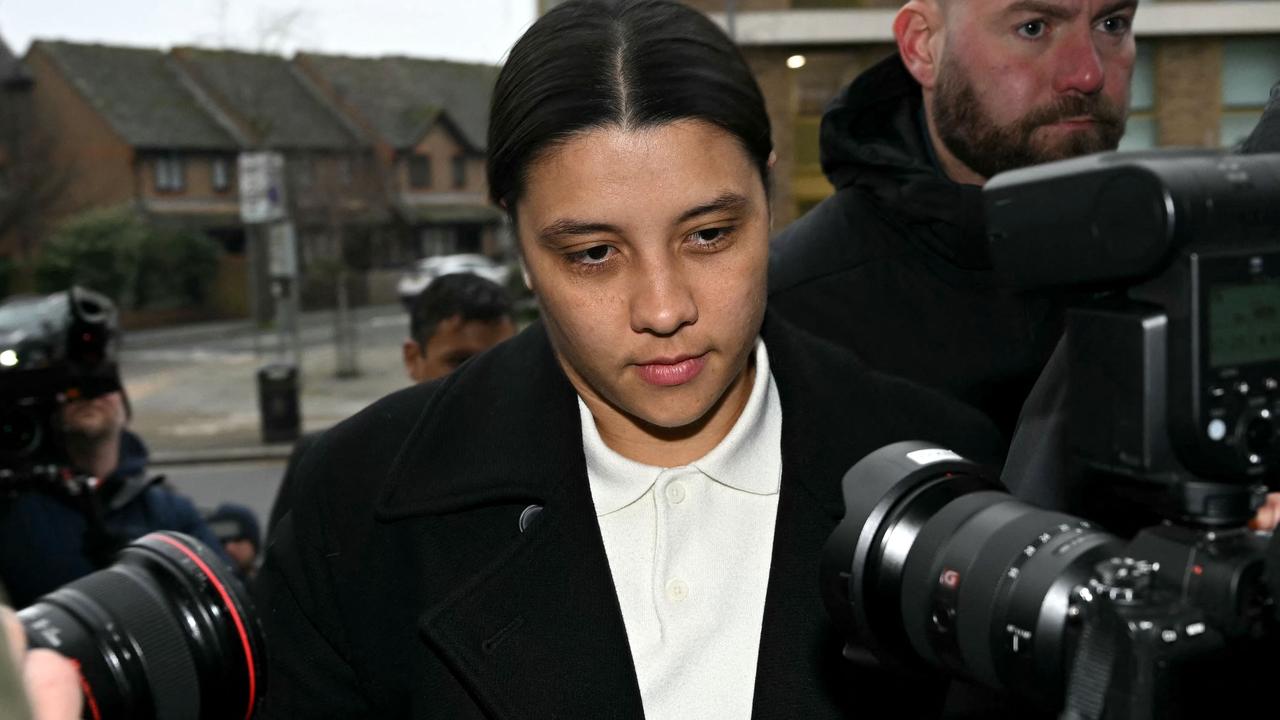Islamic centre’s link to alleged terrorist Neil Prakash
Melbourne-born Neil Prakash, charged with six terrorism-related offences, was courted by a radical Islamic centre after converting, a Melbourne court was told.

A once-notorious Islamic centre was involved in the radicalisation of the man accused of being the nations’s most feared terrorist, according to evidence in the committal hearing of Neil Prakash.
Mr Prakash, 31, made a rare appearance at Melbourne Magistrates Court on Monday where two former friends outlined his alleged path from Buddhism to radical Islam after visiting the now-closed al-Furqan Centre more than a decade ago.
A former friend of Mr Prakash, Joseph Almatrah, said he had met the alleged Islamic State terrorist when Mr Prakash was about 14 or 15 and was a peaceful Buddhist.
But Mr Prakash had later turned to radical Islam after the pair had attended al-Furqan in Springvale in Melbourne’s outer southeast more than a decade ago.
Mr Almatrah said he was troubled by the preaching session one Friday that Mr Prakash had attended, which he said had targeted his family’s ethnicity. “It was very inflammatory against people who supported our community,’’ he said.
He said the address had also referred to potential “spies” being present in the audience at the faith centre, which intelligence agencies focused on a decade ago as a potential location for encouraging terrorism.
A second former friend of Mr Prakash’s, Ibrahim Halligan, also had attended al-Furqan with the accused terrorist when there had been a speech about violence. “It was just nonsense,’’ Mr Halligan said, adding that he had told Mr Prakash that the people approaching him were “no good”.
“He agreed with me,’’ he said.
Mr Halligan said members of the al-Furqan community had contacted Mr Prakash regularly after his first visit.
Mr Prakash, he said, had converted at the time to Islam and felt guilty if he didn’t respond to the approaches from the al-Furqan centre.

Mr Prakash’s court appearance on Monday ended abruptly when he turned his back on the video camera and knocked on the door of a prison witness room.
Wearing a white shirt and white Islamic prayer cap with a black and white band, Mr Prakash appeared little changed physically from the most recent images of him after he was arrested in 2022.
He was extradited from Turkey to Darwin in December 2022 and has been charged by the Victorian Joint Counter Terrorism Team with six terrorism-related offences following his time allegedly with Islamic State.
Mr Prakash has rarely been seen in years, appearing via video link before the Melbourne Magistrates Court, closing his eyes several times over a period of about 20 minutes before magistrate Rohan Lawrence ruled that the accused could be absent from proceedings until, or unless, he was committed to stand trial.
Mr Prakash left the room after complaining he needed fresh air.
The charges include him being an alleged member of a terrorist organisation, of advocating for terrorism and engaging in hostile activities overseas.
Mr Prakash was raised in Melbourne and became a high-profile international figure during the rise and decline of Islamic State.
Mr Prakash has previously refused to appear before the Melbourne Magistrates Court. The committal hearing is expected to last for about three days to test the evidence against him.
A former journalist with The Australian, Paul Maley, also gave evidence about a series of communications he said he had with Mr Prakash that led to prominent articles published nearly a decade ago.
Maley, an award-winning and respected reporter, outlined how he had received a series of threats while reporting on Islamic State during the worst of the Middle East crisis, including from Mr Prakash.
He was questioned at length by defence lawyer Liz Morgan about what records he had kept of exchanges with Mr Prakash, what communications platforms had been used, including Twitter and encrypted services. Ms Morgan told the court that the defence would seek to have Maley’s evidence excluded from the case.
The Australian has previously reported that Mr Prakash’s citizenship was revoked in 2018 by former Home Affairs minister Peter Dutton.
However, it was reinstated after a High Court finding that the laws used to strip him of his citizenship were unconstitutional.
The Australian reported that Mr Prakash allegedly travelled to Syria in 2013 and was thought to have died in the Iraqi city of Mosul in 2016. A warrant for his arrest was issued in 2016.
The committal hearing is expected to last three days and is continuing.



